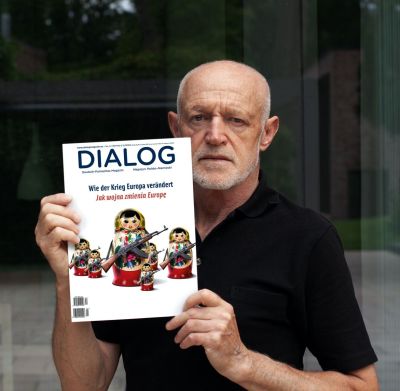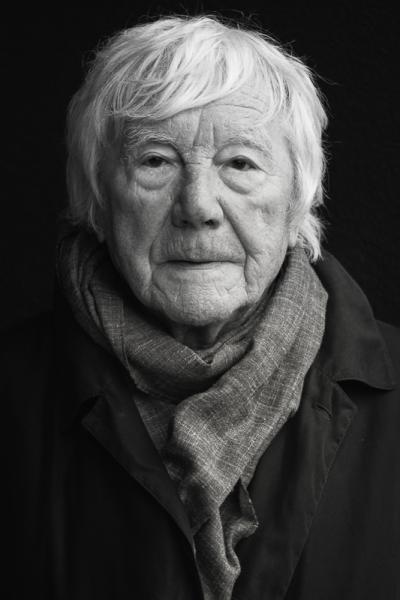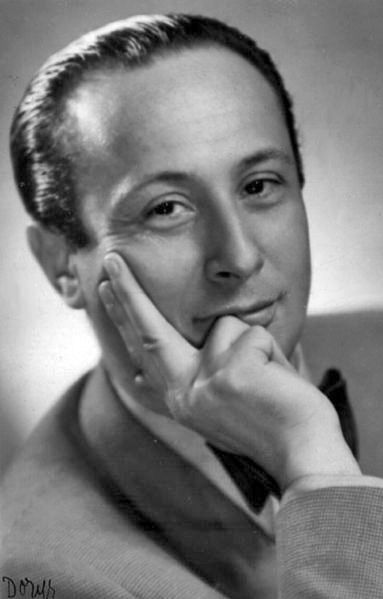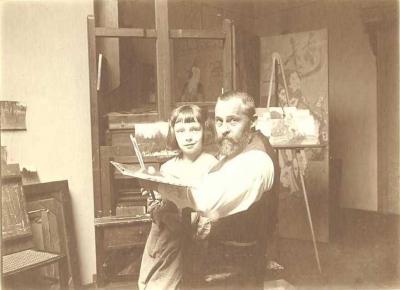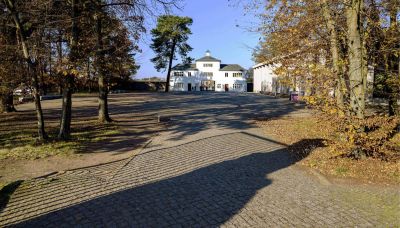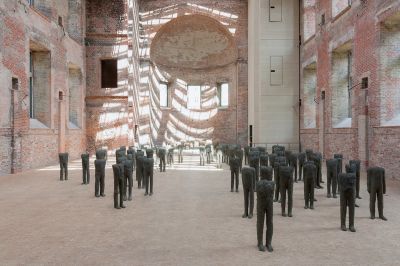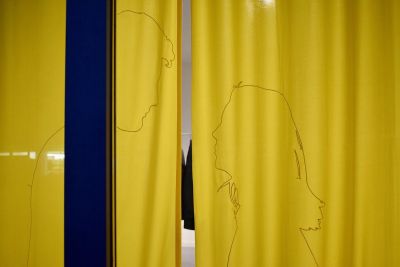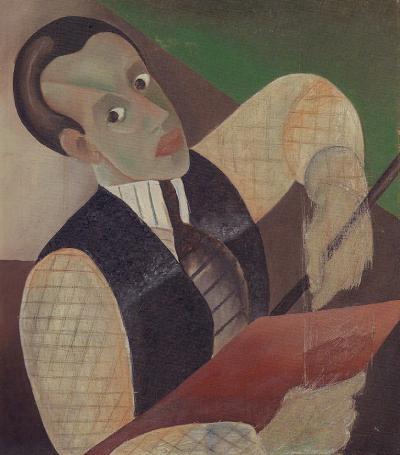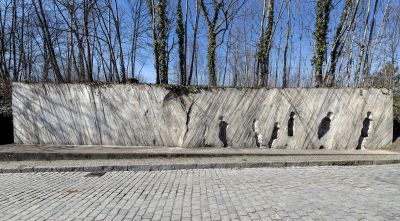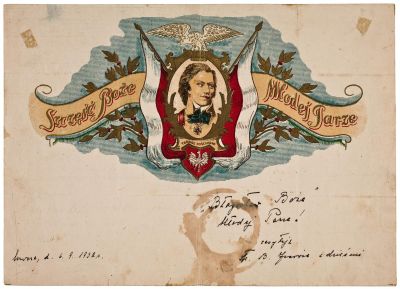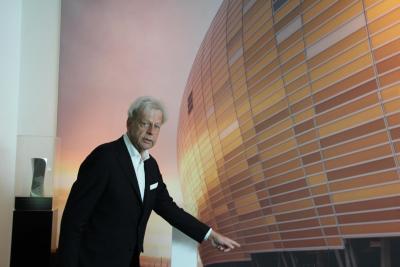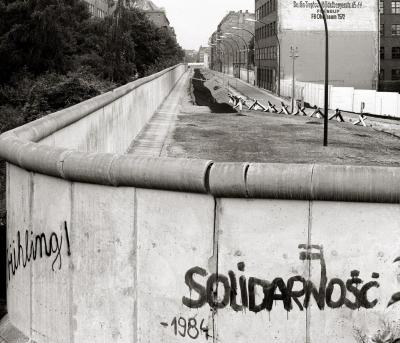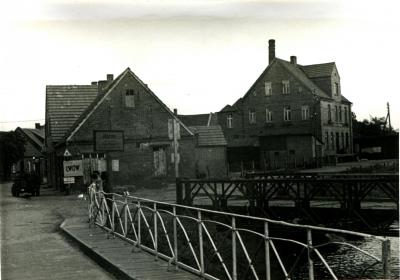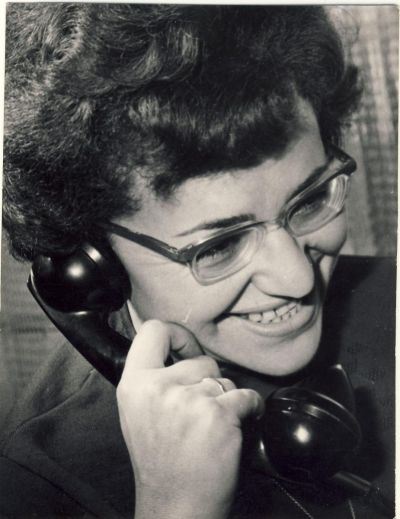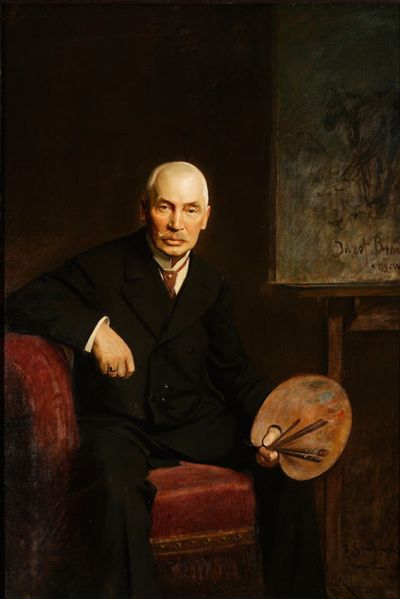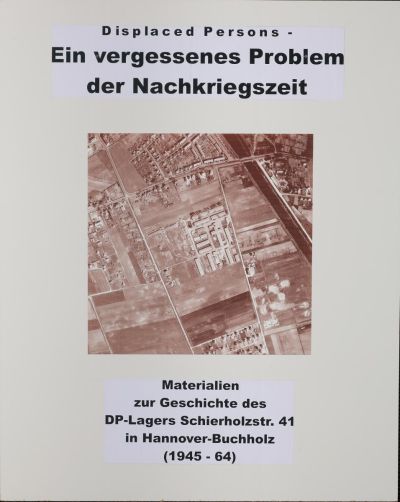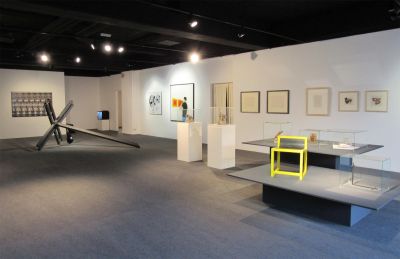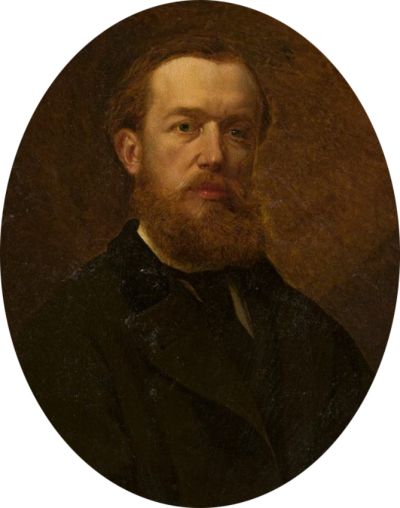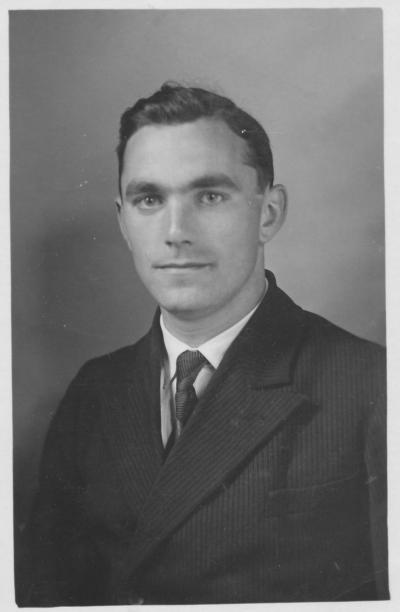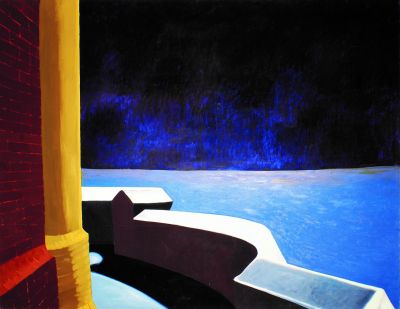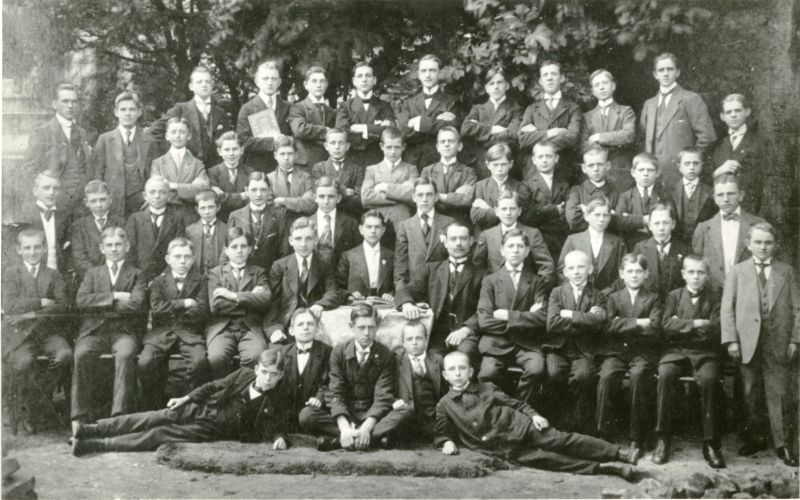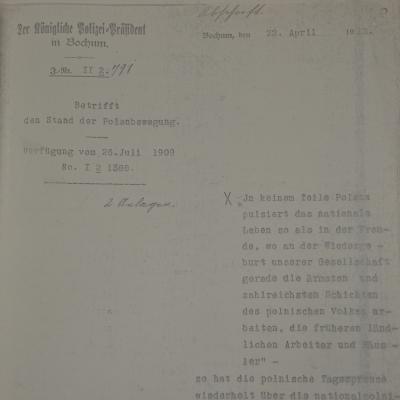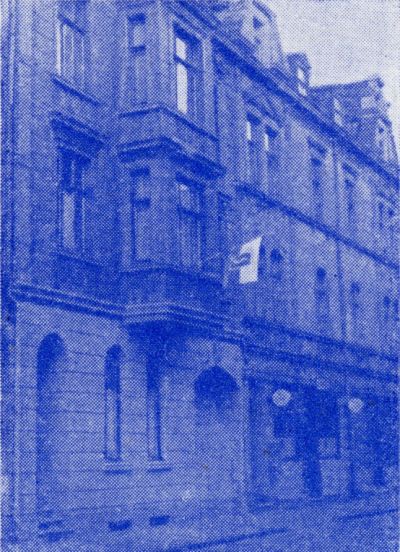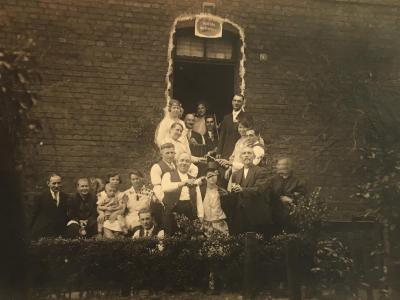The Ruhr Poles
Mediathek Sorted
-
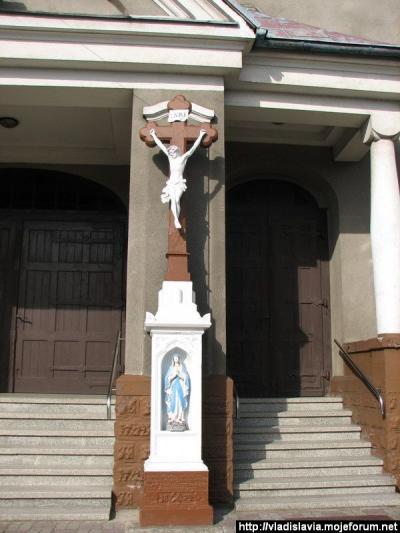
-
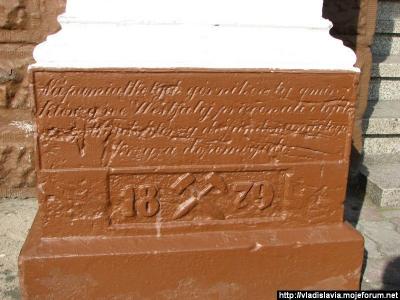
-
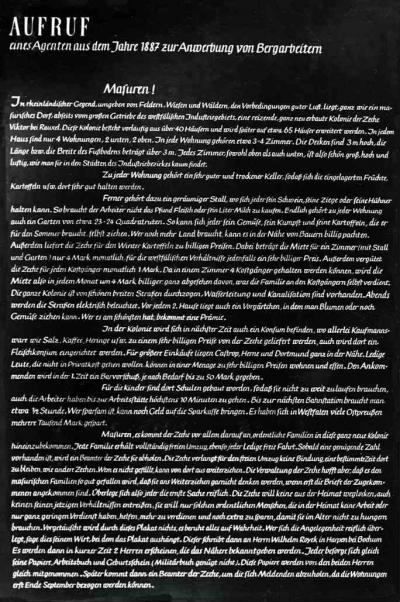
-
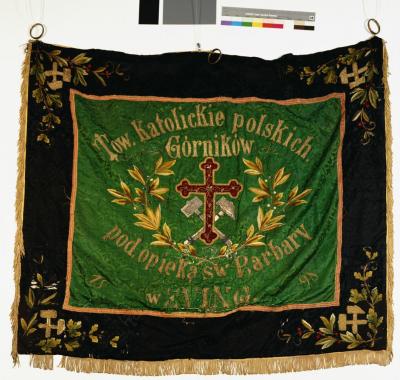
-
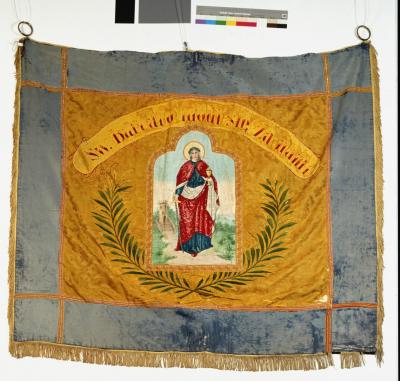
-
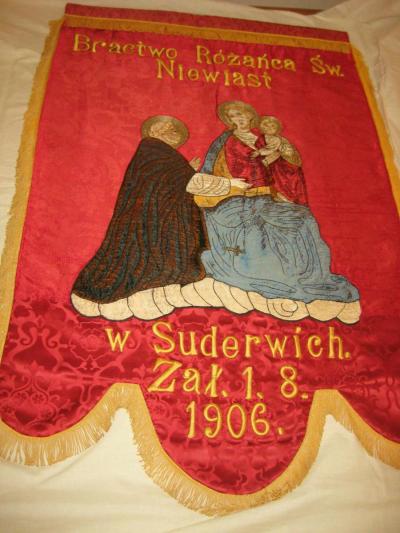
-
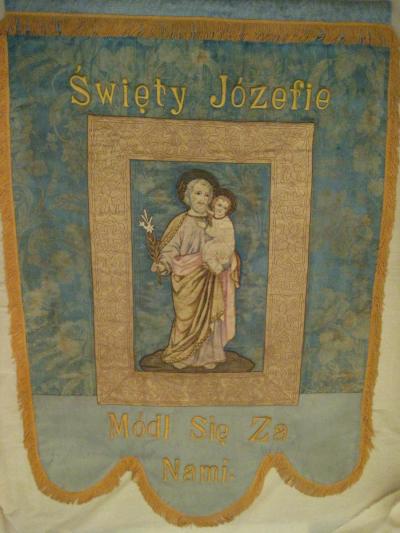
-
![Flag of the Mickiewicz Choral Society from Oberhausen 1898, front Flag of the Mickiewicz Choral Society from Oberhausen 1898, front - Flag of the choral society "Mickiewicz" from Oberhausen, founded on 30 May 1898, inscription on the back: "Cześć Pieśni" [honour to the song]](/sites/default/files/styles/width_100_tiles/public/assets/images/gesangverein_mickiewicz_fahne_2.jpg?itok=XgzeW2hv)
-
![Flag of the Mickiewicz Choral Society from Oberhausen 1898, reverse Flag of the Mickiewicz Choral Society from Oberhausen 1898, reverse - Flag of the choral society "Mickiewicz" from Oberhausen, founded on 30 May 1898, inscription on the back: "Cześć Pieśni" [honour to the song]](/sites/default/files/styles/width_100_tiles/public/assets/images/gesangverein_mickiewicz_fahne_1.jpg?itok=z2SaZxxf)
-

-

-
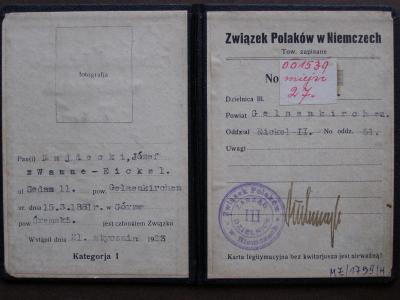
-
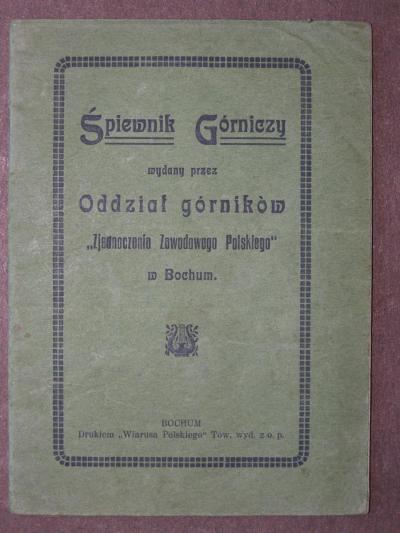
-
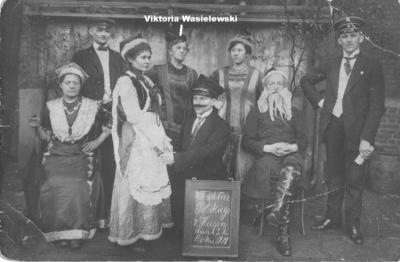
-
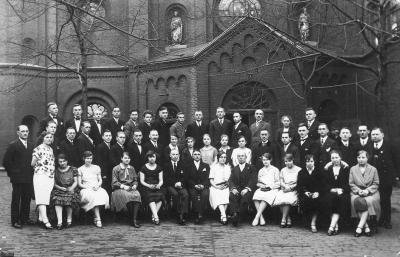
-
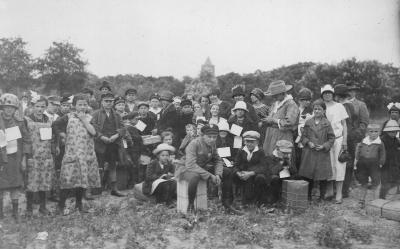
-
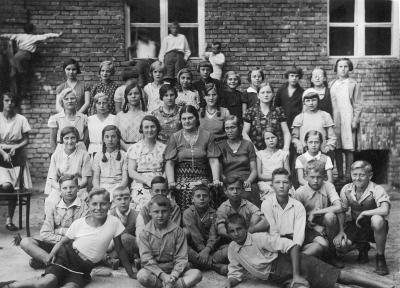
-
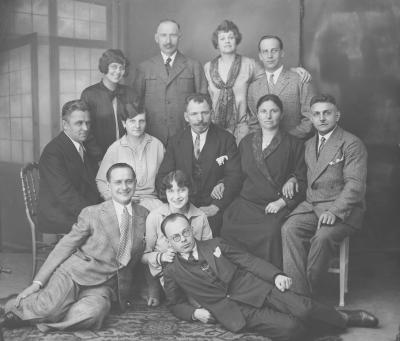
-
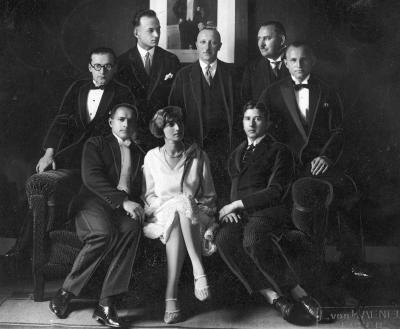
-
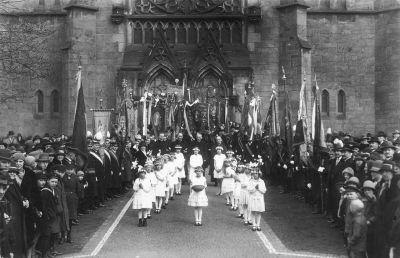
-
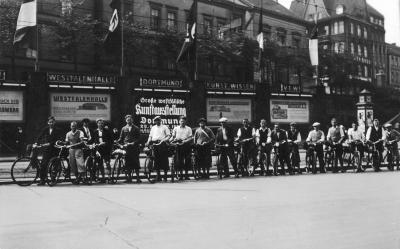
-
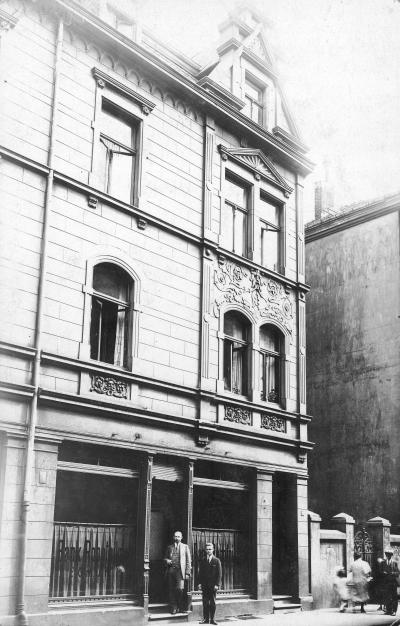
-
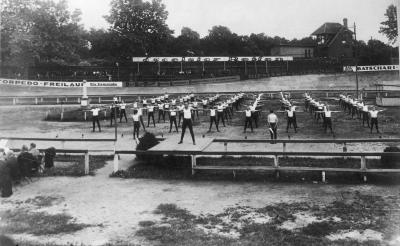
-
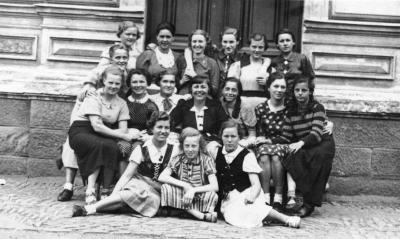
-
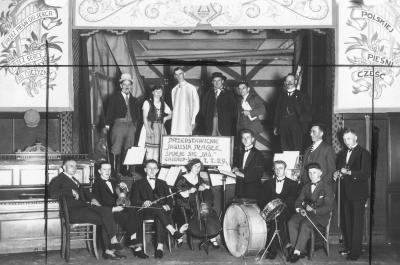
-
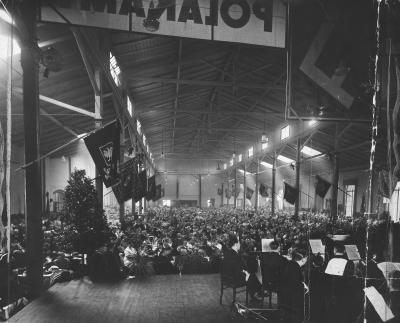
-
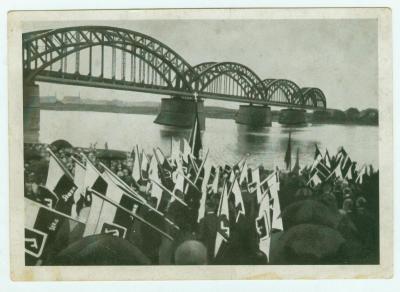
-
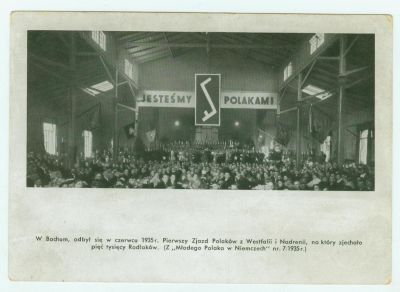
-
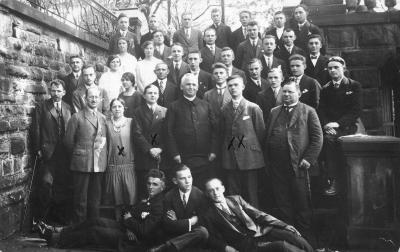
-

Die „Ruhrpolen“ - Hörspiel von "COSMO Radio po polsku" auf Deutsch

As a result of the restrictive measures imposed by the Prussian authorities on the acquisition of real estate in parts of the areas of Eastern Prussia where they had originally come from, many Ruhr Poles began to invest their savings in real estate in the Rhineland-Westphalian industrial area, or tried to become self-employed. Around 1911, around 130 Ruhr Poles owned real estate in Bottrop,[34] and 36 in Gladbeck.[35] Shortly before the outbreak of the First World War, Ruhr Poles were said to have owned more than 1,000 properties on the Rhine and Ruhr.[36] At the same time, more than 2,000 Ruhr Poles were involved in commercial activities here: these were mainly craftsmen and traders, but also included butchers, bakers, carpenters, booksellers and printers.[37]
The longer Ruhr Poles stayed in the area the more they tended to integrate. This tendency was strengthened by the birth of children and increasing official and social pressures. Women - usually from their husbands' areas of origin - were often the driving forces behind integration. At first they managed to emancipate themselves on a professional and social level. In addition to running their own household and bringing up their children, they organised the boarding system - there were approximately 35,000 boarders around 1910 - and thus made a considerable contribution to the income of many families. Moreover, around 1912 roughly 19,000 Ruhr Polish women and girls were employed in the Rhine and Ruhr regions, among others as domestic servants and maids, but also in agriculture and the textile trade.[38] Very often wives and adult daughters were also responsible for managing trading and service enterprises, especially the shops that had emerged over time and which were often run in parallel with the husbands' main job in a colliery or other industrial enterprise.[39]
[34] Klon, Zygmunt: Historia Rogowa nad Olzą, Heft 2, Bielsko-Biała 1990, p. 28.
[35] Schmidt, Georg: Kaiser Wilhelms Gastarbeiter. Die polnischen Erwerbsauswanderer in Gladbeck während der Jahre 1874–1914, Gladbeck 1990, p. 39.
[36] Molenda, Jan: Miejsce kobiet wśród polskiego wychodźstwa w reńsko-westfalskim okręgu przemysłowym na początku XX wieku ( Przegląd Historyczny, Bd. LXXXVIII, 1997, Heft 1) p. 124.
[37] Molenda, Jan: Das Zusammenleben von Deutschen und Polen im Rheinisch-Westfälischen Industriegebiet zu Beginn des 20. Jahrhunderts, in: Maier, Robert/Stöber, Georg (Hgg.): Zwischen Abgrenzung und Assimilation. Deutsche, Polen und Juden. Schauplätze ihres Zusammenlebens von der Zeit der Aufklärung bis zum Beginn des Zweiten Weltkrieges, Hannover 1996, p. 200; Wachowiak: Polacy, p. 82–83.
[38] Molenda: Miejsce kobiet, p. 122.
[39] Schmidt: Kaiser Wilhelms Gastarbeiter, p. 38.





